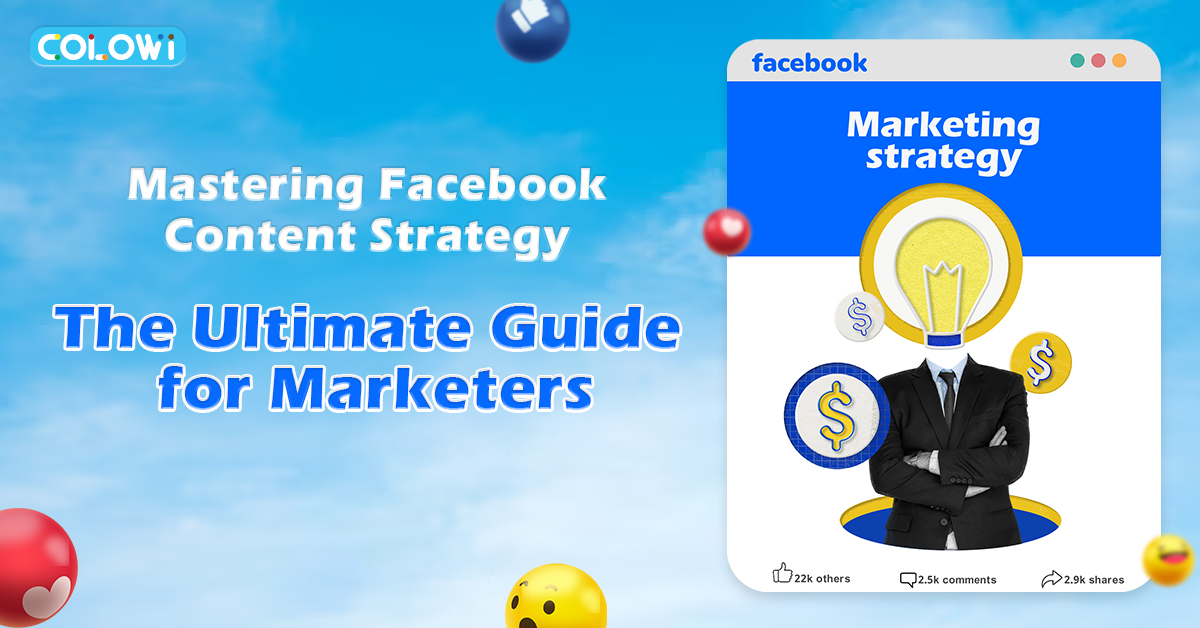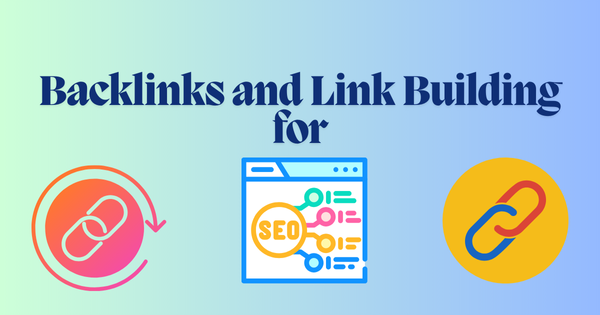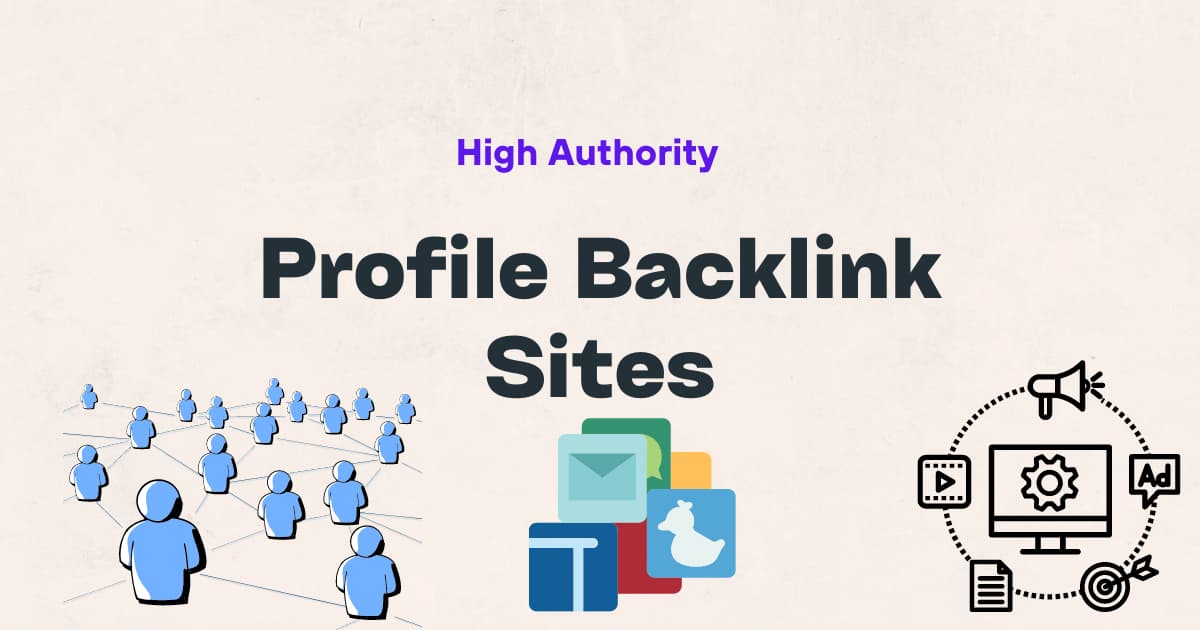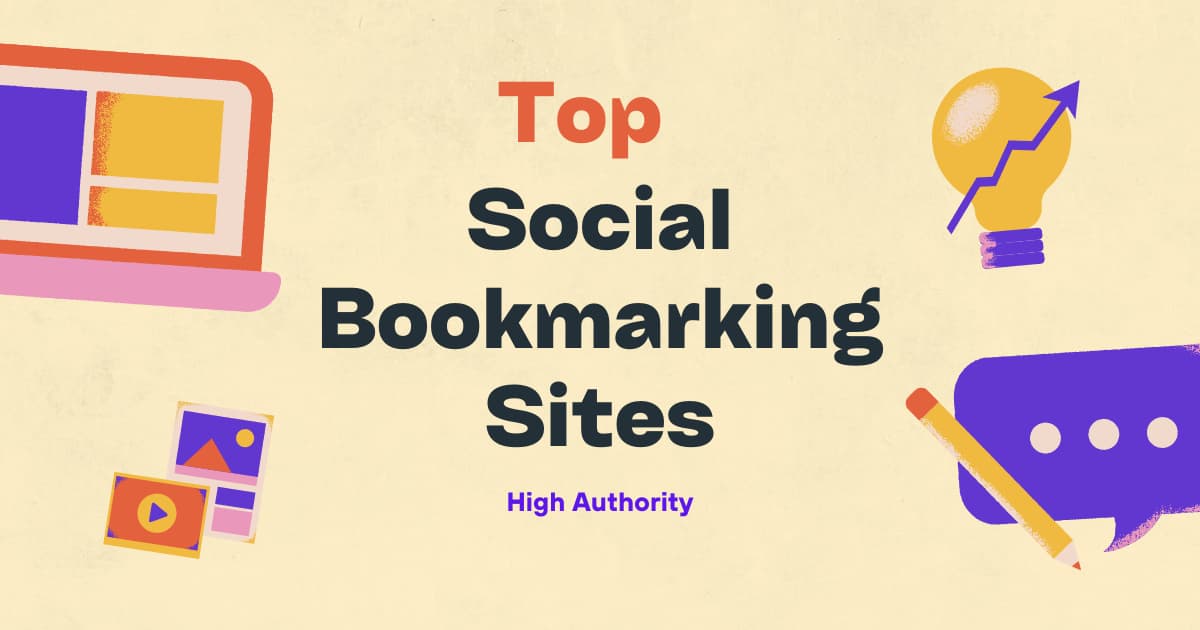Content strategy is a method for planning, creating, and managing content that helps achieve business goals. It involves identifying target audiences, determining key messages, selecting appropriate platforms, and measuring success.
The Basics Of Content Strategy
Learn the essentials of Content Strategy: it’s a comprehensive plan focusing on creation, publication, and governance to drive impactful results. Craft a strategic roadmap for content that aligns with audience needs and business objectives for a successful digital presence.
Definition And Importance
Content Strategy can be defined as the process of planning, creating, distributing, and managing content to meet specific business goals. It involves developing a consistent, cohesive approach to create valuable and relevant content that resonates with the target audience. A well-defined content strategy is crucial for any business, as it helps to create a strong online presence, engage customers, drive traffic, and ultimately, increase conversions. With the increasing demand for high-quality content, having a solid content strategy is more important than ever.
Key Elements
When it comes to developing an effective content strategy, there are several key elements that should be considered:
- Target Audience: Understanding your target audience is essential. Identifying their needs, preferences, and challenges will help you create content that resonates with them and provides value.
- Goals and Objectives: Determine what you want to achieve with your content strategy. Whether it’s increasing brand awareness, generating leads, or driving sales, clearly defining your goals will guide your content creation process.
- Content Audit: Conducting a content audit involves evaluating all existing content to identify gaps, strengths, and opportunities for improvement. This analysis helps in identifying areas where new content can be created or existing content can be optimized.
- Content Creation: Developing a content creation plan is essential. This includes planning topics, formats, and channels for distributing content. Creating a content calendar can help in managing and organizing the content creation process.
- SEO Optimization: Optimizing your content for search engines is crucial to ensure it ranks well in search results. This involves keyword research, on-page optimization, and creating high-quality and relevant content that aligns with search intent.
- Content Distribution: Once your content is created, it needs to be effectively distributed across various channels. This includes social media platforms, email marketing, guest posting, and more. Choosing the right channels and tactics will help you reach your target audience and maximize your content’s reach.
- Performance Measurement: Tracking and analyzing the performance of your content is necessary to evaluate its success and make data-driven decisions. Monitoring metrics like website traffic, engagement, conversions, and ROI will help you identify what works and what needs improvement.
In conclusion, having a well-defined content strategy is fundamental for any business looking to enhance its online presence and engage with its audience. By understanding the definition, importance, and key elements of content strategy, you can develop a cohesive and goal-oriented approach to creating and managing content that resonates with your target audience and drives business growth.

Creating A Successful Content Strategy
Understanding Your Audience
To create a successful content strategy, it’s crucial to understand your audience first. By gaining deep insights into your target demographic, including their behaviors and preferences, you’ll be able to tailor your content to resonate with them effectively.
Setting Clear Goals
Next, setting clear goals is essential for a successful content strategy. Define what you aim to achieve through your content, whether it’s increasing brand awareness, driving traffic, or boosting conversions. Having specific, measurable objectives will guide your content creation and distribution efforts.
Content Planning And Creation
Effective content planning and creation are fundamental to a successful content strategy. Develop a structured editorial calendar, identify relevant topics, and craft engaging, valuable content that aligns with your audience’s interests and addresses their pain points.
Optimizing Content For Seo
When it comes to creating content for your website, it’s not just about writing informative and engaging articles. You also need to optimize your content for search engines, so that your website can rank higher in search results. This is where the importance of SEO comes in. SEO, which stands for Search Engine Optimization, is the process of improving your website’s visibility on search engines like Google.
Keyword Research
One of the key elements of optimizing your content for SEO is conducting thorough keyword research. Keywords are specific words or phrases that users type into search engines when looking for information or answers. By targeting the right keywords, you can attract more organic traffic to your website. To find the most relevant keywords for your content, you can use various tools like Google Keyword Planner, SEMrush, or Ahrefs.
Once you have identified the keywords relevant to your content, it’s important to strategically incorporate them into your blog post. This will help search engines understand the context and relevance of your content, and improve your chances of ranking higher in search results. However, it’s important to avoid keyword stuffing, as it can result in a penalty from search engines. Instead, focus on using keywords naturally and sparingly throughout your content.
On-page Seo Strategies
Another aspect of optimizing your content for SEO is implementing on-page SEO strategies. On-page SEO refers to the practices you can apply directly on your website to improve its visibility on search engines. Here are some key on-page SEO strategies to consider:
- Optimizing your title tags and meta descriptions: These are the HTML elements that appear in search engine results. They should accurately describe the content of your page and include relevant keywords.
- Using header tags (H1, H2, etc.): Header tags help structure your content and make it more readable for both users and search engines. Use your target keywords in your header tags to improve SEO.
- Creating unique and descriptive URLs: A URL that includes relevant keywords can help search engines understand what your content is about.
- Optimizing your images: Use descriptive alt tags for your images, as search engines cannot understand images without text.
- Improving your website’s loading speed: Slow-loading websites can negatively impact your ranking. Optimize your images, enable browser caching, and choose a reliable hosting provider.
By implementing these on-page SEO strategies, you can improve your website’s visibility and increase your chances of ranking higher in search results.

Promoting Your Content
Promoting Your Content is a crucial aspect of any content strategy. Once you have created high-quality, valuable content, the next step is to ensure that it reaches your target audience. Promotion involves utilizing various channels and methods to distribute and amplify your content, increasing its visibility and engagement.
Social Media Marketing
Social media marketing plays a pivotal role in the promotion of content. Platforms such as Facebook, Twitter, Instagram, and LinkedIn provide opportunities to share your content with a wider audience. Utilize visually appealing posts, engaging captions, and relevant hashtags to maximize the reach and impact of your content on social media.
Email Campaigns
Email campaigns are an effective way to promote your content directly to your subscribers and leads. Craft compelling email messages that entice recipients to click through to your content. Personalize the content based on the interests and behavior of your email list to increase engagement and conversions.
Collaborations And Partnerships
Collaborating with influencers, industry leaders, or other brands can significantly enhance the promotion of your content. By leveraging the existing audience and credibility of your partners, you can expand the reach of your content while also building valuable relationships within your industry.
Measuring And Analyzing Success
Content strategy involves measuring and analyzing success, which is crucial for understanding the impact of your efforts.
Metrics To Track
Metrics to track include:
- Website traffic
- Engagement rate
- Conversion rate
Tools For Analysis
Tools for analysis:
- Google Analytics
- SEMrush
- BuzzSumo
Content Strategy For Different Platforms
Website Content Strategy
Lorem ipsum dolor sit amet, consectetur adipiscing elit. Ut ornare, magna ac aliquet sollicitudin, augue ligula lacinia leo.
Blog Content Strategy
Integer ornare posuere felis eget congue. Praesent volutpat metus vitae nisi gravida, eu molestie libero venenatis.
Video And Visual Content
Nunc ultrices sapien non leo tristique, vel blandit felis finibus. Aliquam erat volutpat.
Content Strategy Trends To Watch
As technology continues to evolve and consumer behavior shifts, it’s crucial for businesses to stay ahead of the curve with their content strategy. By embracing emerging trends, companies can enhance their online presence, engage their audience, and drive conversions. In this section, we’ll explore three content strategy trends that are growing in importance: Interactive Content, Personalization, and Voice Search Optimization.
Interactive Content
Gone are the days of passive browsing. Interactive content is taking the digital world by storm, allowing users to actively engage with brands. This type of content encourages participation, resulting in higher user satisfaction and longer time spent on a website. Examples of interactive content include quizzes, surveys, polls, calculators, and interactive infographics.
Personalization
Personalization is a key strategy for businesses looking to forge a deeper connection with their audience. By tailoring content to individual preferences, needs, and behaviors, companies can deliver a more relevant and personalized experience to their users. From personalized emails and product recommendations to customized landing pages, personalization enhances engagement, loyalty, and ultimately, conversions.
Voice Search Optimization
The rise of voice assistants like Siri, Alexa, and Google Assistant has revolutionized the way people search for information online. Voice search has become increasingly popular, with users relying on voice commands to find answers quickly and conveniently. To stay competitive in this landscape, businesses must optimize their content for voice search. This involves using conversational language, incorporating long-tail keywords, and providing concise, direct answers to common queries.
Case Studies In Effective Content Strategy
Success Stories
Effective content strategy plays a crucial role in the digital success of numerous brands. The implementation of strategic content has led to remarkable success stories. Companies have utilized content strategy to improve brand awareness, enhance customer engagement, and drive conversions. Let’s delve into some successful case studies that showcase the power of well-crafted content strategies.
Lessons Learned
Analyzing successful content strategies also provides valuable lessons for businesses and marketers. It highlights the best practices, potential pitfalls to avoid, and the adaptability of strategies to different industries and target audiences. These lessons learned from successful case studies serve as a guiding light for those striving to optimize their own content strategies.

Frequently Asked Questions For What Is Content Strategy? An Ultimate Guide
What Is The Ultimate Content Strategy?
The ultimate content strategy involves understanding your audience, creating valuable, engaging content, optimizing for SEO, and promoting across channels.
What Is A Content Strategy Guide?
A content strategy guide is a plan that outlines how to create and distribute content to achieve specific goals. It helps businesses organize and optimize their content creation process, ensuring it aligns with their target audience and objectives. With a content strategy guide, businesses can improve their online presence and engage with their audience effectively.
What Are The 4 Steps Of Content Strategy?
Content strategy involves 1) setting goals 2) conducting research 3) developing a plan 4) creating and distributing content.
What Are The 3 Components Of Content Strategy?
The 3 components of content strategy are: 1. Content creation 2. Content distribution 3. Content analysis These three components form the foundation of an effective content strategy.
Conclusion
To sum it up, crafting a solid content strategy is imperative for any business striving to succeed in the digital landscape. By understanding your audience and their needs, conducting thorough research, creating valuable and engaging content, and optimizing it for search engines, you can enhance your online presence and drive more organic traffic.
Remember, content strategy is not a one-time endeavor, but an ongoing process that requires adaptation and refinement. So, embark on this exciting journey and watch your brand flourish!




